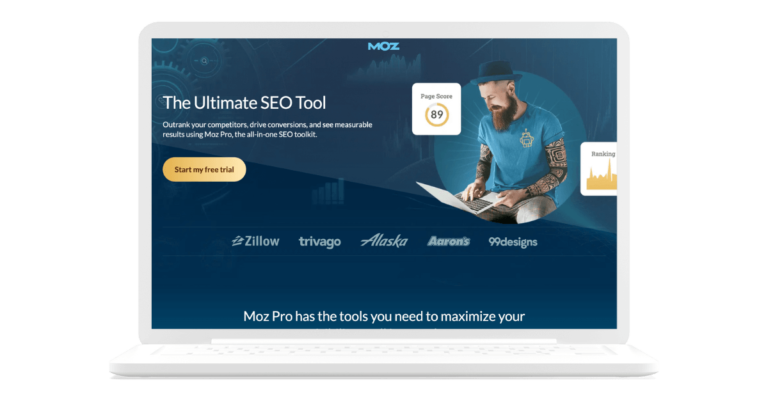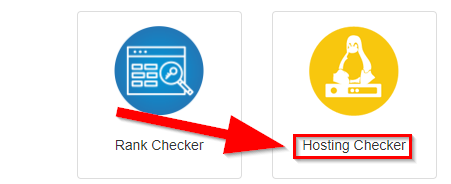Guide to Using a Keyword Position Checker
If you’ve ever wondered where your website stands in the vast ocean of search engine results, you’re not alone. Ranking high on Google isn’t just about having a killer website—it’s about strategy, precision, and tracking your progress. That’s where a keyword position checker swoops in to save the day.
Whether you’re an SEO rookie or a seasoned pro, understanding your keywords’ performance is key to fine-tuning your strategy. In this article, we’ll break down how a keyword position checker works, why it’s a must-have tool, and how to use it like a champ. Let’s dive in!
What Is a Keyword Position Checker?
A keyword position checker is like a magnifying glass for your SEO efforts. It’s a tool that tells you where your website ranks for specific keywords on search engines like Google, Bing, and Yahoo.
Why Does It Matter?
Your keyword rankings impact everything—traffic, conversions, and ultimately, revenue. Knowing your position helps you:
- Understand which keywords drive traffic.
- Identify areas for improvement.
- Track progress over time.
How Does a Keyword Position Checker Work?
Most keyword position checkers operate by analyzing search engine results pages (SERPs). These tools scour the web to find the exact position of your URL for a given keyword.
Step-by-Step Breakdown
- Input Keywords: Enter the keywords you’re tracking into the tool.
- Select a Search Engine: Most tools default to Google but often offer options for other engines.
- Analyze Results: The tool shows your position, typically in numerical form (e.g., #3 on Google).
- Monitor Trends: Many tools provide historical data to track changes over time.
Top Benefits of Using a Keyword Position Checker
1. Time-Saving Automation
Manually tracking keywords? That’s like chasing your tail. Keyword position checkers automate the process, giving you results in seconds.
2. Improved Decision-Making
By knowing what works and what doesn’t, you can double down on winning strategies and ditch the duds.
3. Competitor Insights
Some advanced tools also let you peek at how your competitors rank for the same keywords. Knowledge is power!
4. Data-Driven Adjustments
Real-time data means you can tweak your SEO campaigns as needed, rather than shooting in the dark.
Choosing the Right Keyword Position Checker
Features to Look For
Not all tools are created equal. Here’s what to consider:
- Accuracy: How reliable is the data?
- Ease of Use: Can you navigate the tool without needing a Ph.D. in SEO?
- Historical Data: Does it track past rankings?
- Competitor Analysis: Does it let you spy (ethically) on competitors?
- Cost: Does it fit your budget?
Popular Tools to Consider
Here are a few fan favorites:
- SEMrush – Comprehensive and packed with features.
- Ahrefs – Great for in-depth keyword analysis.
- Google Search Console – Free and reliable (but a bit limited).
- SERPWatcher – Perfect for tracking trends over time.
Best Practices for Using a Keyword Position Checker
1. Track the Right Keywords
Don’t just track random keywords—focus on ones that align with your business goals.
2. Set Realistic Goals
SEO is a marathon, not a sprint. Don’t expect to jump from page 10 to page 1 overnight.
3. Analyze Competitors
Find out what your competitors are ranking for, and identify gaps in your own strategy.
4. Check Rankings Regularly
Consistency is key. Make it a habit to check your rankings weekly or monthly.
Common Questions About Keyword Position Checkers
1. Are keyword position checkers free?
Some tools, like Google Search Console, are free, while others like SEMrush require a subscription. Free tools often come with limitations.
2. How accurate are keyword position checkers?
Most reputable tools are very accurate. However, rankings can vary slightly depending on factors like location and device.
3. Can I track keywords for multiple locations?
Yes! Many tools let you specify the country, region, or even city you want to analyze.
4. Why do my rankings fluctuate?
Rankings can shift due to algorithm updates, changes in competitors’ strategies, or your own site updates.






